December 28 marked the 145th anniversary of the Tay Bridge Disaster, a tragic event that claimed the lives of up to 75 passengers and crew when the bridge collapsed during a fierce storm in 1879.
For retired Fife youth worker Ian Nimmo White, now 77 and living in Forfar, this date is a particular moment of annual reflection.
As the author of the poem engraved on the Fife and Dundee memorials which commemorate the 59 victims “known to have perished”, Ian’s connection to the disaster is both personal and poetic.
However, in recent months, he has embarked on a new chapter in his life, sharing his love of poetry with charitable organisations in Dundee and Angus.
These performances are a labour of love – he takes no fee, offering his services so that organisations can raise funds through ticket sales.
For Ian, the reward is in seeing audiences discover the timeless relevance of poetry.
Why has Ian Nimmo White decided to support Dundee and Angus charities?
“I used to be part of the Live Literature Scotland scheme, which allowed me to get paid for literary work,” he says.
“But it involved a lot of travel.
“I don’t have the energy for that anymore.
“So I’ve shifted my focus to helping charities in Dundee and Angus.
“It’s gone well so far – I’ve raised over £1,000 for various causes, though I leave the actual handling of money to the organisations.”
Ian’s recent performances have supported efforts like the Ukrainian Relief fund, with events held in Forfar and Glenrothes.
While his audiences are often a mix of poetry enthusiasts and supporters of the organisations, his mission remains the same: to demonstrate how poetry can illuminate our complex modern lives.
Which poets inspire Ian Nimmo White?
At the heart of Ian’s performances are the works and lives of two towering figures in literature: Robert Burns and Dylan Thomas.
“Their poetry is of the highest quality, and I have detailed notes about what was happening in their lives when they wrote their works,” he says.
“That context is invaluable.”
For example, Ian recounts how Burns wrote To a Mouse during a pivotal moment in his life.
“People often dismiss it as a children’s poem,” he says.
“But it’s far more than that. Burns’s father had just suffered a massive stroke due to the landlord’s refusal to lower the rent after two harsh winters.
“Burns was left managing two farms, raising six younger siblings, and supporting a widowed mother.
“Shortly after, in 1786, the Kilmarnock Edition was published, catapulting Burns to stardom.
“It’s incredible to think how this one man’s life changed so dramatically in such a short time.”
Ian’s reverence for Dylan Thomas is equally profound.
“He’s arguably the greatest writer since Shakespeare,” he adds.
“It’s tragic he died so young at 39. His work shows us the depth of human emotion in a way few others can.”
Significance of Tay Bridge Disaster poetry
Ian also shares selections from his own poetry.
These include nationally acclaimed works like Kirkforthar (inspired by a forest near Glenrothes), Partners in the Firm (Scots Poem of the Year, 2006) and A Gift at Yuletid’, a poem celebrating his granddaughter’s birth, honoured by Lallans magazine.
But perhaps the most poignant of his creations is his poem for the Tay Bridge Disaster memorial.
Unveiled in 2013, the memorials – one on each side of the Tay – feature Ian’s six-line poem.
“I wanted something modern yet substantial,” he explains.
“The design allows people to see through the memorial toward the bridge, creating a connection to the landscape and the event.
“Writing for a memorial is different from writing for the page. The words have to be concise yet powerful.”
Each year, Ian reflects on the victims of the disaster.
“I used to be able to recite every name and their roles, but my memory isn’t what it used to be,” he says.
“I did become friends with the great-grandson of David Mitchell, the train driver.
“He unveiled the memorial in 2013. That connection to history is very moving.”
Looking ahead
While the holiday season has paused his performances, Ian is already planning for January.
He’s been meeting with fundraising committees, hoping more organisations will take him up on his offer.
“Poetry has been part of my life for 30 years,” he adds.
“If I couldn’t continue sharing it, I think I’d find life unbearable,” he admits.
Any organisation who might wish to book Ian should e-mail him at jiwhite16@outlook.com
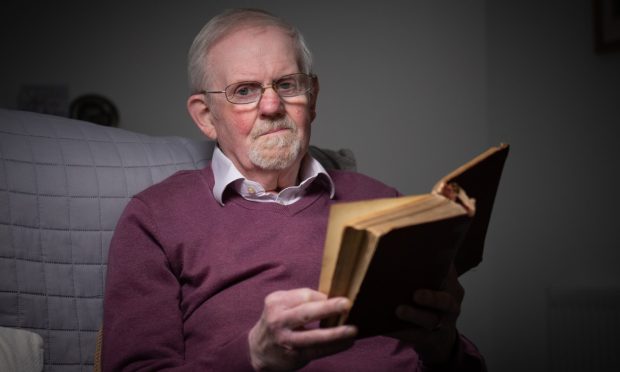


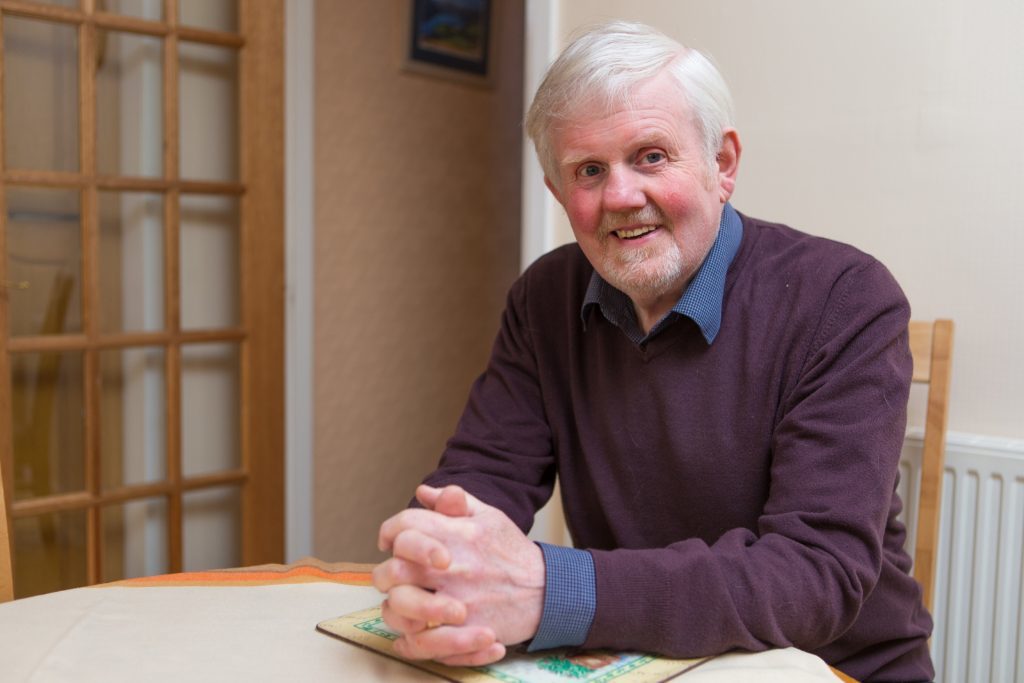
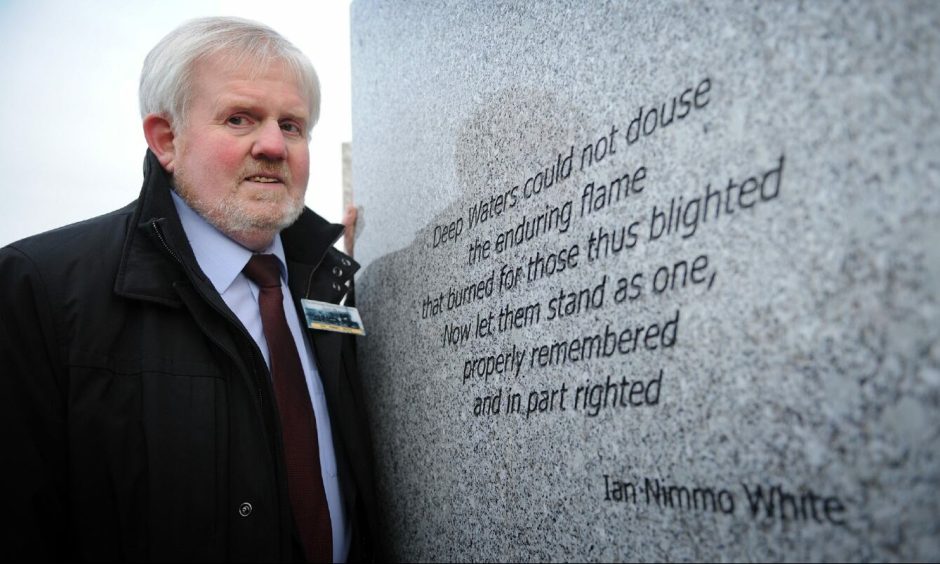
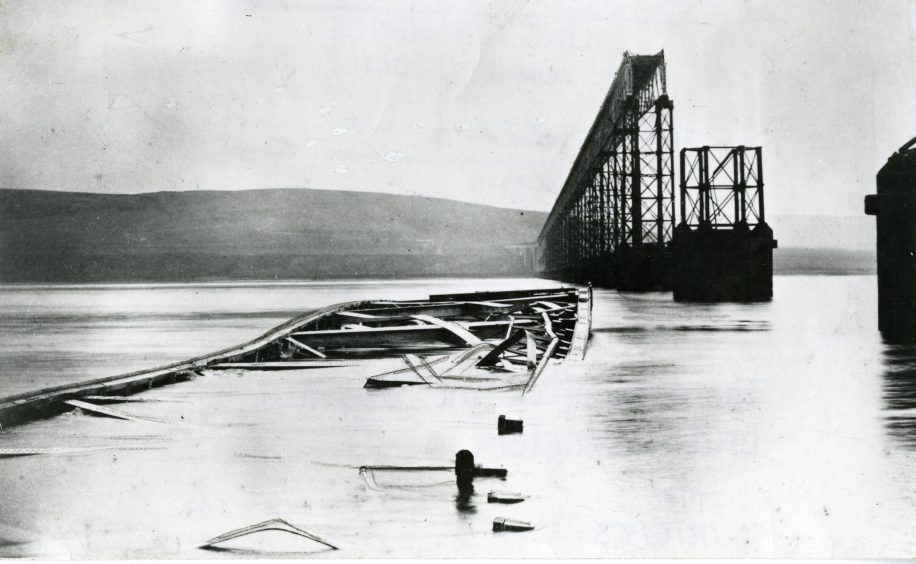

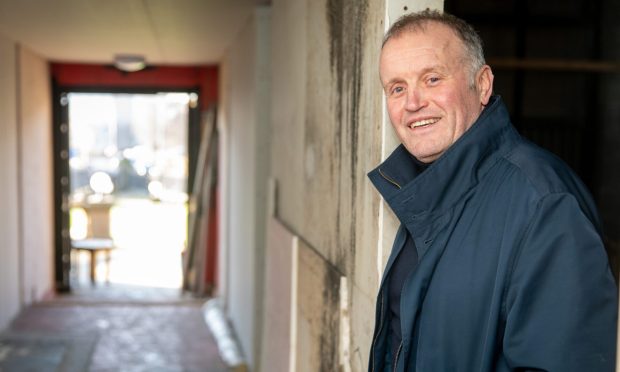
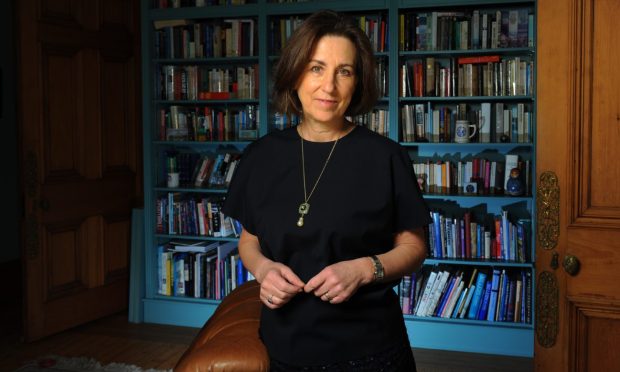
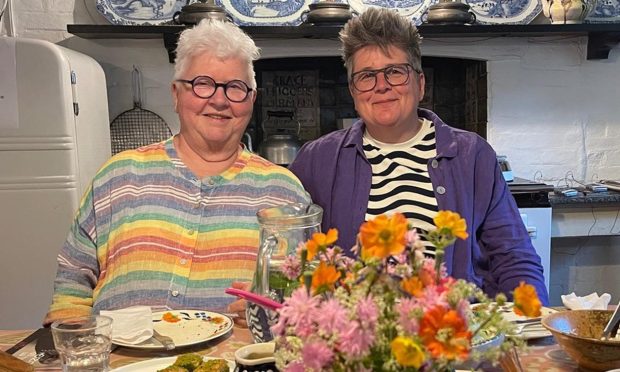
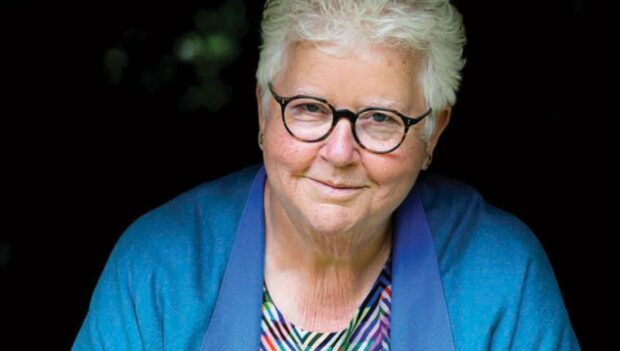

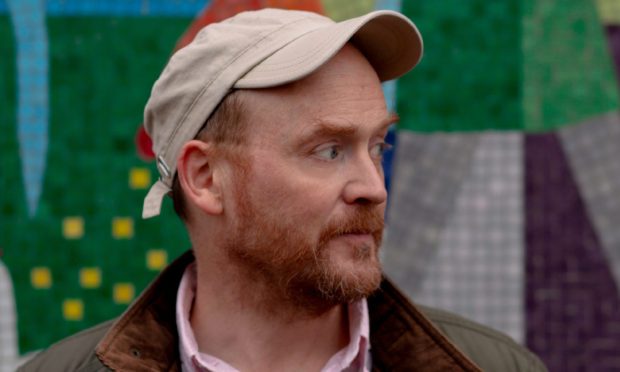
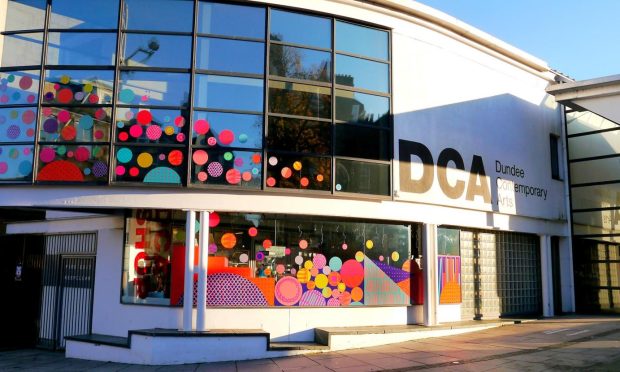
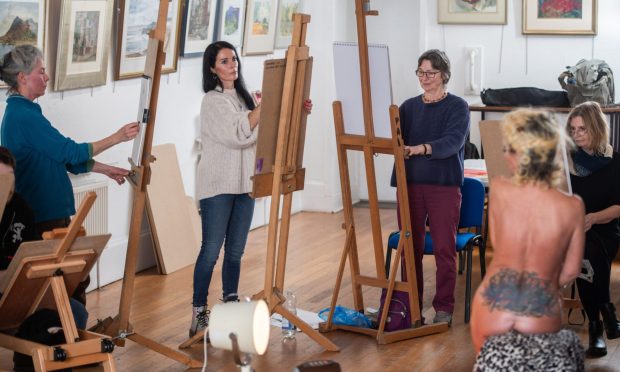
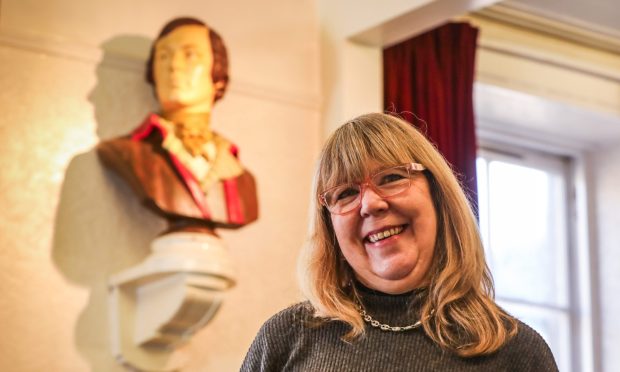
Conversation